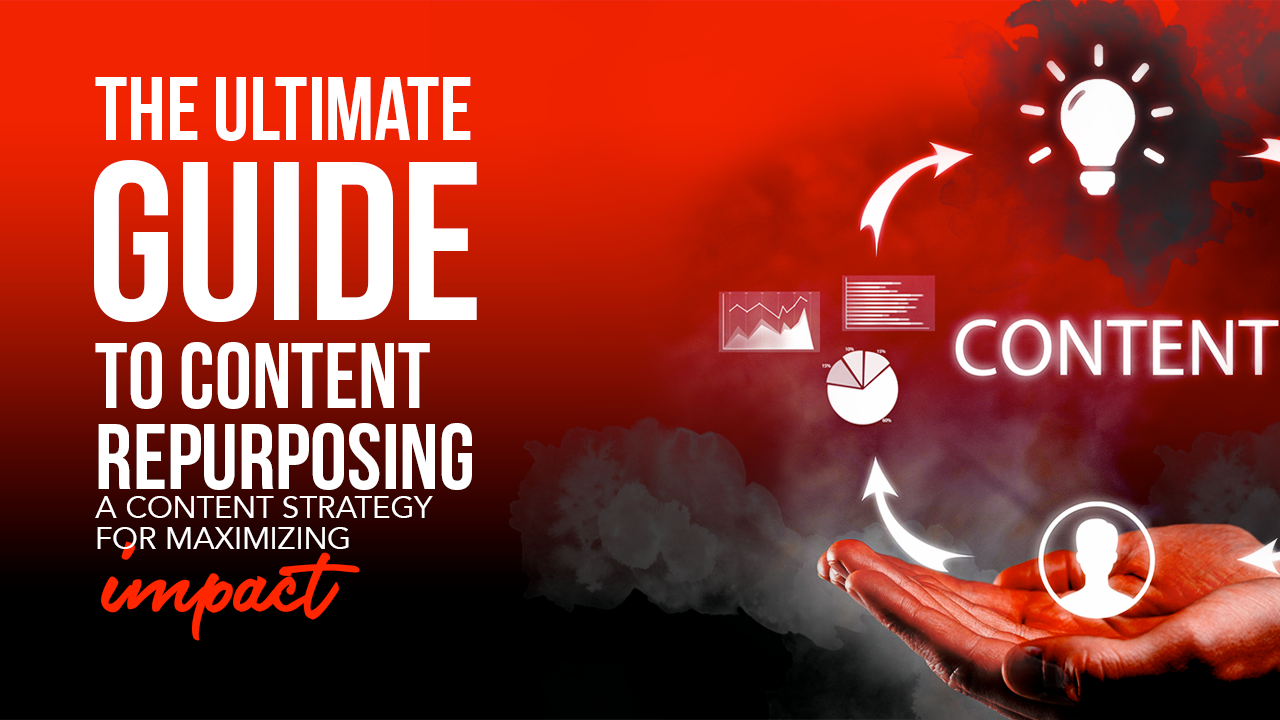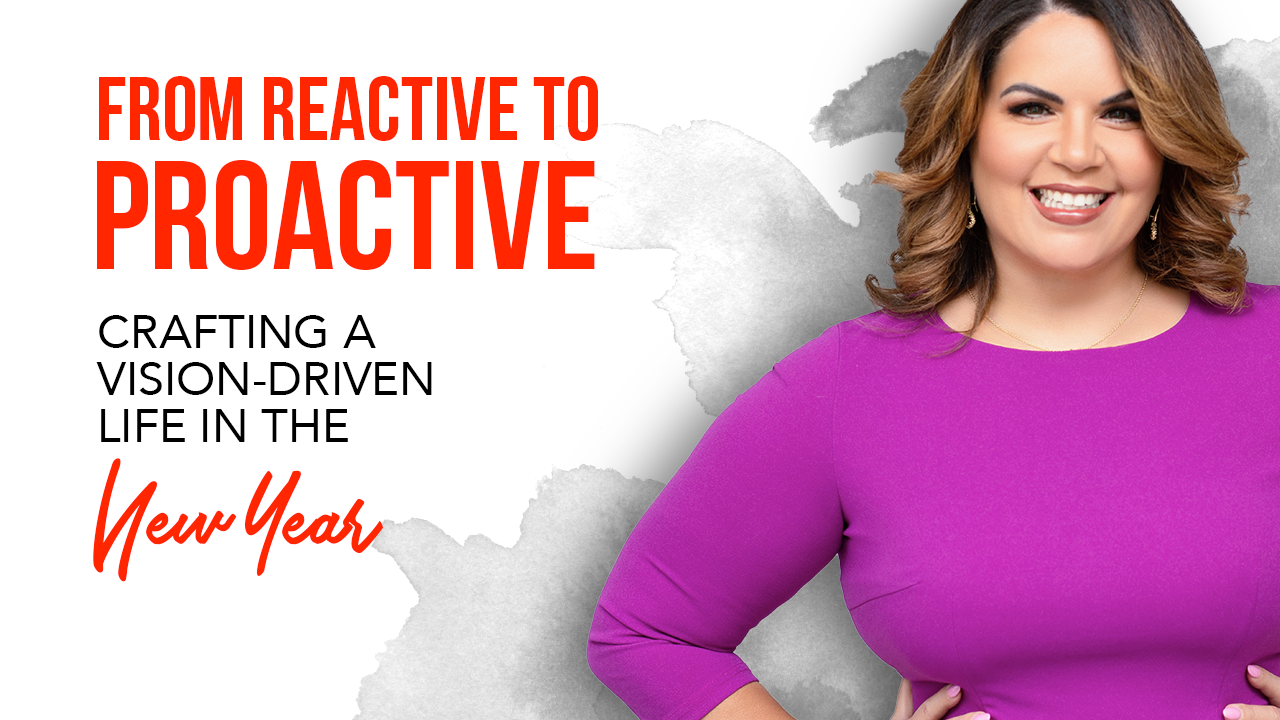[vc_row][vc_column][vc_column_text]
If you’re here, chances are you want to be recognized for your expertise and want to stand out from the crowd. Perhaps you’re looking to starting a business and can benefit from branding tops. Or maybe you have a full-time job and want to become an independent consultant. Or, you are a business owner already but you feel like you should be making money online.There’s a lot of information out there on how to start an online business which is why it’s so important to develop your personal brand and why reputation and expertise should be part of your marketing strategy to attracting your target audience.
If you’ve been plugging away and haven’t experienced much growth and are 100% clear on your value and what you offer to your clients, we’re here to give you a blueprint that will catapult your personal brand strategy.
Whether you’re just starting to build your personal brand, or you’re looking for tips on how to improve your personal brand, you’ve come to the right place.
What is personal branding?
Successful personal branding is the art of promoting yourself and highlighting at least one core skill that you want to be recognized for. Examples of personal branding are everywhere in mainstream media. Oprah is the epitome of personal branding. She’s made iterations of her personal brand throughout the years. She’s now one of the most influential thought leaders in the world. Jeff Bezos, founder of Amazon defined what a personal brand is as “Your brand is what people say about you when you’re not in the room.” Therefore, personal branding is an art that anyone can apply to their life and work. If you’re up to boost your career, now you know!
Personal branding has very little to do with colors and graphic design, as most people confuse. Personal branding is the result of a series of elements that form your identity (your brand). Think about branding as the verb of adding elements to a brand. Like painting a building versus building it.
How does one create a personal brand?
1) Define your niche.
Let’s say you want to start a consulting practice and your potential clients are within the medical industry. Your focus will be on promoting YOU, which for some, might feel a tad bit uncomfortable. For this reason, I recommend starting with shining the light on your accomplishments and accolades.Sit down, grab a pen, your favorite journal and answer these questions as in-depth as you can:
1. What is my area of expertise?
2. What do people compliment me on all the time?
3. Which projects have others had to help me with repeatedly?
4. What motivates me to get up and get moving?
5. Which roles seem to drain my energy?
6. Which projects can I spend hours on without feeling overwhelmed or tired?
7. What are topics I could talk about all day?
Once you’re done, walk away and take a break. Your brain will process everything you’ve put down on paper and do its magic. In no time at all, you will be able to review everything you wrote down with a fresh outlook.
2) Claim your authority.
In today’s world of constant distractions, most professionals and entrepreneurs struggle to get their marketing messages heard. We’ve been told time and time again to not brag, not to sound arrogant, and the truth is— we care way too much about what other people think about us. This is why claiming our authority can feel like a huge challenge for some of us.If you are committed to develop and grow your personal brand, you must ask yourself this one question, “How can I stand out from the crowd?”
Take Charlie Epstein, CEO of Epstein Financial Services in Holyoke, Massachusetts. There was so much competition in his field, so rather than simply trying to win a deal, Epstein wrote Paychecks for Life and tripled the size of his business. Essentially what he did was create authority. He became an expert in his field which inspired confidence in people who eventually helped grow his business by becoming his clients.
I’m not saying you have to write and publish a best-selling book in order to build your personal brand. What I am saying, is that establishing your expertise and claiming your authority will help better prepare and develop your personal brand.
Here are some questions that can guide you in discovering what you’re an expert in:
1. Who is my target audience?
2. What information do I know that they don’t know?
3. What are the specific skills I can teach them?
4. Out of my talents and skills which do people need the most?
5. What will people pay big money for?
6. What problem(s) can I solve?
What you’ll begin to see is a clear understanding of the problem you are solving for someone, You’ll be able to see how you evaluate and develop a set of criteria for when new leads come to your business.
In doing so, you start to move away from being all things to all people, and into an expert or authority in your specific industry. I can’t stress enough how important it is that you go through this process when developing your personal brand.
3) Your voice and tone
Most people focus solely on the visual aspect of their personal brand. However, THE most important element is: voice and tone. It’s not about what you say, it’s about how you say it. Your personal brand’s tone of voice will inform all of it’s written copy, which includes website, emails, social media, and overall packaging.Tone and voice is what sets you apart from the crowd. You want people to recognize your voice as distinct and unique.
Here are a few questions to get you clearer on the type of tone and voice of your personal brand:
1. Do I want people to perceive me as serious, casual, or high energy?
2. Do I want to speak more to women or am I neutral to gender?
3. Will I be discussing political topics or will I stay away from them?
4. Will I be bringing spirituality into my content?
5. Is my tone formal or informal?
6. Do I share my personal side or am I strictly business?
There’s no right or wrong to these questions. The beautiful thing about having a personal brand is that YOU get to decide! It’s your brand, your voice, your message. The last thing you want is to sound like a second-rate version of another brand. This is your time to shine and uniquely you and still get your message across to your target audience.
4) Check your online presence
If you already have a quite a bit of content out there, now is the time to do an Internet audit of everything under your personal brand. If you’re starting from scratch, it’ll be easier because you would have determined much of the content, tone, and voice and start building on solid foundation.Be sure to conduct a thorough sweep of these channels:
- ✔️Your Linkedin profile
- ✔️Your Facebook profile
- ✔️Reviews
- ✔️Youtube
- ✔️Google your name
Your personal branding action plan
Now that you have these four steps, the next step is your personal branding action plan.Let me ask you this. Be honest with me.
Is developing your personal brand urgent for you?
If it is, great! I have a Personal Branding Guide that you can get started on today.
And if it’s not that urgent for you, I highly suggest that you get this guide, and keep it for future use. What I’ve learned over the years having worked thousands of people just like you, is that getting the information is just as valuable as starting the project. Everyone learns differently.
Take advantage of the guide which will walk you through the next phase of your personal branding journey.
The hardest part of building your personal brand is your mindset! Once you are ready, a marketing consultant that focuses on personal branding will put this plan for you in a few hours. It takes me typically a day to create a personal branding guide, and if you’re ready to work with me on implementing your personal brand, take the first step and get your guide below.
Now I’m turning the conversation over to you! Looking forward to hearing your feedback!
Here’s More Amazing Content
[/vc_column_text][/vc_column][/vc_row][vc_row][vc_column][vc_masonry_grid post_type=”post” max_items=”10″ grid_id=”vc_gid:1573564667868-eb445870-778c-9″ taxonomies=”87, 314″][/vc_column][/vc_row]










